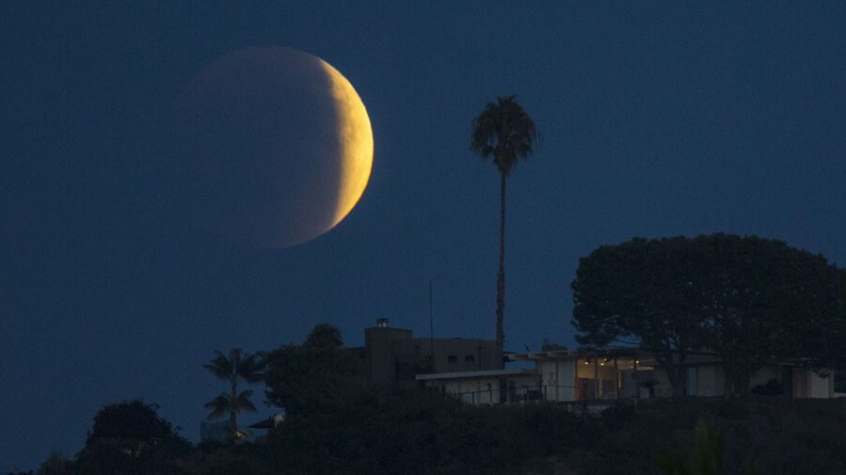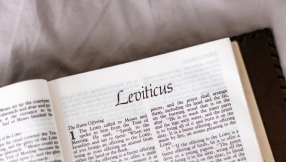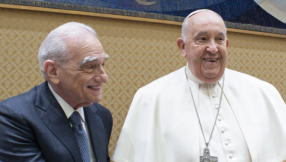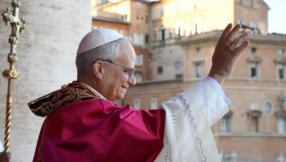
Later this month, people in certain parts of the world will be able to see the Blood Moon.
On July 27, people in Africa, the Middle East and South Asia will be able to watch the Blood Moon. Unfortunately, people in the United States will have to rely on webcasts to see the Blood Moon, because it will still be daytime when it shows up, according to Space.com.
The Blood Moon will hang in the sky for nearly two hours.
There are passages in the Bible referring to the Blood Moon and some Christian believe it's a sign of the Lord's imminent return to the world, CBN News reports.
So is the July 27 Blood Moon a sign from God about Jesus' second coming?
As Got Questions.org notes, the Blood Moon portending the return of the Lord is only a theory, and cautioned against attempts to make such predictions, because not even Jesus knows the date of His return. "The Bible warns against: setting dates for the coming of the Lord. 'About that day or hour no one knows" (Mark 13:32).'"
"References to a moon like 'blood' are found in two passages of the Bible. Joel 2:30–31 says, 'I will show wonders in the heavens and on the earth, blood and fire and billows of smoke. The sun will be turned to darkness and the moon to blood before the coming of the great and dreadful day of the Lord.'
"In Revelation 6:12, John describes one of the seal judgments of the Tribulation: 'I watched as he opened the sixth seal. There was a great earthquake. The sun turned black like sackcloth made of goat hair, the whole moon turned blood red, and the stars in the sky fell to earth, as figs drop from a fig tree when shaken by a strong wind. The heavens receded like a scroll being rolled up, and every mountain and island was removed from its place.' Other passages refer to the moon being 'darkened' (Matthew 24:29; Joel 2:10).
Last August, astrophysicist and apologist Jeff Zweerink told The Christian Post that Christians should use celestial events as an opportunity to share the Gospel with nonbelievers.
"God has made a pretty spectacular creation for us to live in," said Zweerink, who's a project scientist at UCLA and research scholar for the apologetics ministry Reasons to Believe.
These events, he said, gives Christians "an opportunity to talk to non-Christians about the Gospel and the Creation that God has made. And Creation is remarkably reliable," he added.
Naturally occurring phenomena can be predicted and talked about thousands of years into the future as well as in the past because of its reliability.
"That's a very biblical principle," Zweerink said. "God's reliability in keeping His promises is likened to how Creation behaves."
This article was originally re-published in The Christian Post and is re-published here with permission













